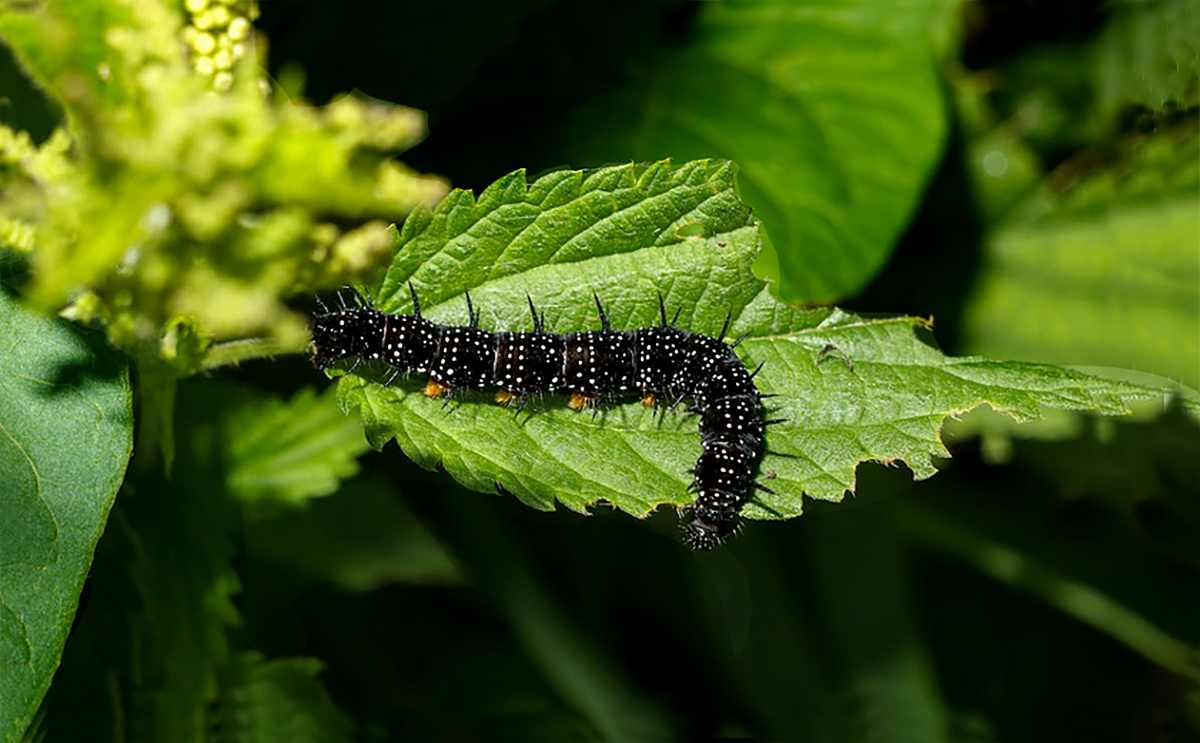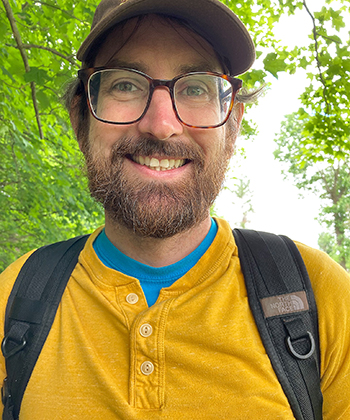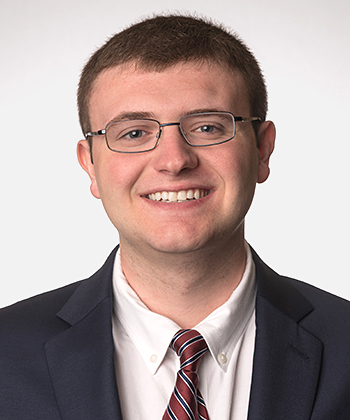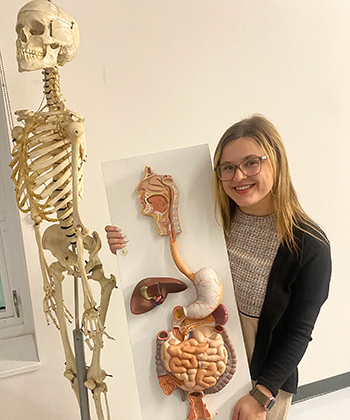For Dr. Andrew Merwin, the tiny munching mouths of insects enjoying their lunch is more than a fascinating plunge into biology and ecology. It's a stepping-stone that engaged BW in a global research consortium, garnering the publishing interest of Science — one of the world's top academic journals.

And while the research on how insects damage plants may be outside the everyday thoughts of most people, the publication highlights BW's global connections and the outstanding opportunities available for students to contribute to world-class research.

"My involvement with this project came from contacts through my doctoral program," explained Merwin, an assistant professor in BW's biology department. "The Herbivory Variability Network (HerbVar), to which I belong, is a group of researchers across the globe that includes 200 collaborators from over 100 institutions across 30 countries. We collectively look at plant-herbivore relationships to better understand the complexity of how species interact with each other.
"It's extremely gratifying to be a part of a large group of researchers working towards the same goal and to have our collective efforts pay off in such a big way. It's not every day that one gets to co-author an article in Science," he said with humble appreciation.
"But this honor also extends to the two students (now alumni) who helped with the BW research. During summer 2020 and 2021, Ashley Larsen '22 and Anthony Bogar '23 helped me collect samples, which included common milkweed, dandelions and hemp dogbane, and analyze them," added Merwin.

"It is surreal to me that I was able to contribute to a project of this magnitude," said Bogar, who majored in biology and is now attending Northeast Ohio Medical University (NEOMED) as a medical student. It is very rewarding knowing that the time and effort I spent compiling data from the field was put to good use.
"Though the main focus of my studies is medicine, I have always enjoyed learning about other aspects of STEM, such as ecology. Participating in the HerbVar project allowed me to experience a completely different type of research that involved both in-lab work and field work. From this experience, I learned new techniques and improved my skills for sampling and data analysis," said the Westlake, Ohio, resident.
"I recently completed the population health course in my NEOMED program, and I couldn't believe how much overlap there was in sampling methods and data analysis between the ecological studies I did and the public health studies I learned about in my course. Though the two disciplines seem to be opposites, the groundwork for studying both ecology and public health goes hand in hand. This is especially important since a big factor in good health outcomes of patients begins with improvements in the overall health of the public," Bogar went on to say.
At her job site, Larsen is a quick 10-minute walk from BW's impressive cluster of STEM buildings, where she spent much of her undergraduate years majoring in adolescent/young adult education and life science. The Berea-Midpark High School science teacher is a passionate advocate of motivating the next generation of STEM students by sharing her own rich learning opportunities, including the HerbVar project with Merwin.

"I really enjoyed the field aspect of this project, but the main takeaway for me is that I can reference this experience to my students. Taking the time to explain my personal research experience to students has given them meaningful examples of how research works and that anyone can get involved in science," remarked the Strongsville, Ohio, native.
"I'm thrilled to have been involved with this project with so many researchers. It was really neat to be part of such a large ecological project with collaborators around the world," she added.
"Students who participate in these kinds of research opportunities gain a better understanding of the scientific process. They're better able to design their own studies and interpret the research of others," believes Merwin.
"Regardless of the discipline a student may enter after leaving BW — from practicing medicine to teaching — gaining firsthand research experiences sets them apart from their peers and better prepares them to be critical consumers, producers and communicators of scientific information."